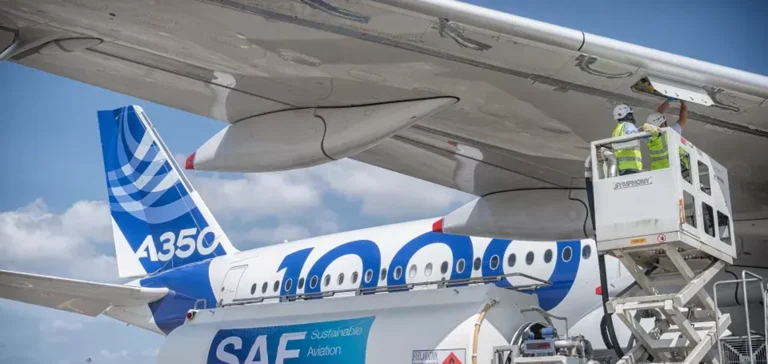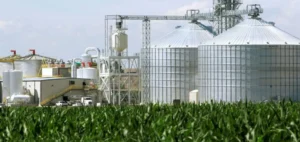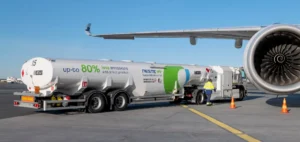The British aviation sector marks a new milestone with the allocation of £63mn ($81.5mn) to seventeen companies engaged in the production of sustainable aviation fuels. This financial package is designed to accelerate the deployment of alternative technologies while creating nearly 1,400 jobs across the country. The funding is provided through the Advanced Fuels Fund (AFF), which has already distributed £198mn ($256mn) to support the aeronautical ecosystem towards cleaner production.
A boost for national competitiveness and innovation
The investment benefits organisations such as OXCCU Tech, which is preparing the commissioning of a demonstration plant at Oxford Airport, and LanzaJet, which is developing a commercial production site in Teesside. This financial support will speed up the design and construction of new facilities, fostering the expansion of the sector and the emergence of local solutions. According to forecasts shared during the announcement, low-carbon fuel production could add up to £5bn ($6.5bn) to the national economy by 2050.
The project is expected to have a positive impact on employment and industrial growth, notably through the development of airport infrastructure and the mobilisation of academic research. The University of Sheffield, for example, received £1.5mn ($1.94mn) in this latest round of funding for its work on engine testbeds and innovative fuels.
Strengthening production capacity and market outlook
The Aviation Minister highlighted during the presentation the importance of the UK ecosystem in the sustainable fuels sector, as well as the intent to attract more investment in research and development. The Sustainable Aviation Fuels Bill (SAF Bill) aims to enhance supply security and guarantee investor commitment in the sector.
Sustainable aviation fuel, which on average reduces greenhouse gas emissions by 70% over its lifecycle, is seen as a key technology to support air traffic growth while meeting national carbon neutrality targets. Several executives from beneficiary companies have highlighted the structuring role of these funds for the implementation of new production units.
OXCCU Tech, through its chief executive, welcomed the decisive contribution of the Advanced Fuels Fund in reaching industrial scale. LanzaJet, for its part, emphasised the importance of its partnership with British Airways and the strategic relevance of its “Speedbird” project in building a national sustainable fuel industry.
The awardees are spread across the country and cover a wide range of solutions, from waste-based biofuels to ethanol-to-jet conversion. The development of these technologies is expected to strengthen the country’s energy independence and open up new innovation prospects for the entire aviation sector.






















